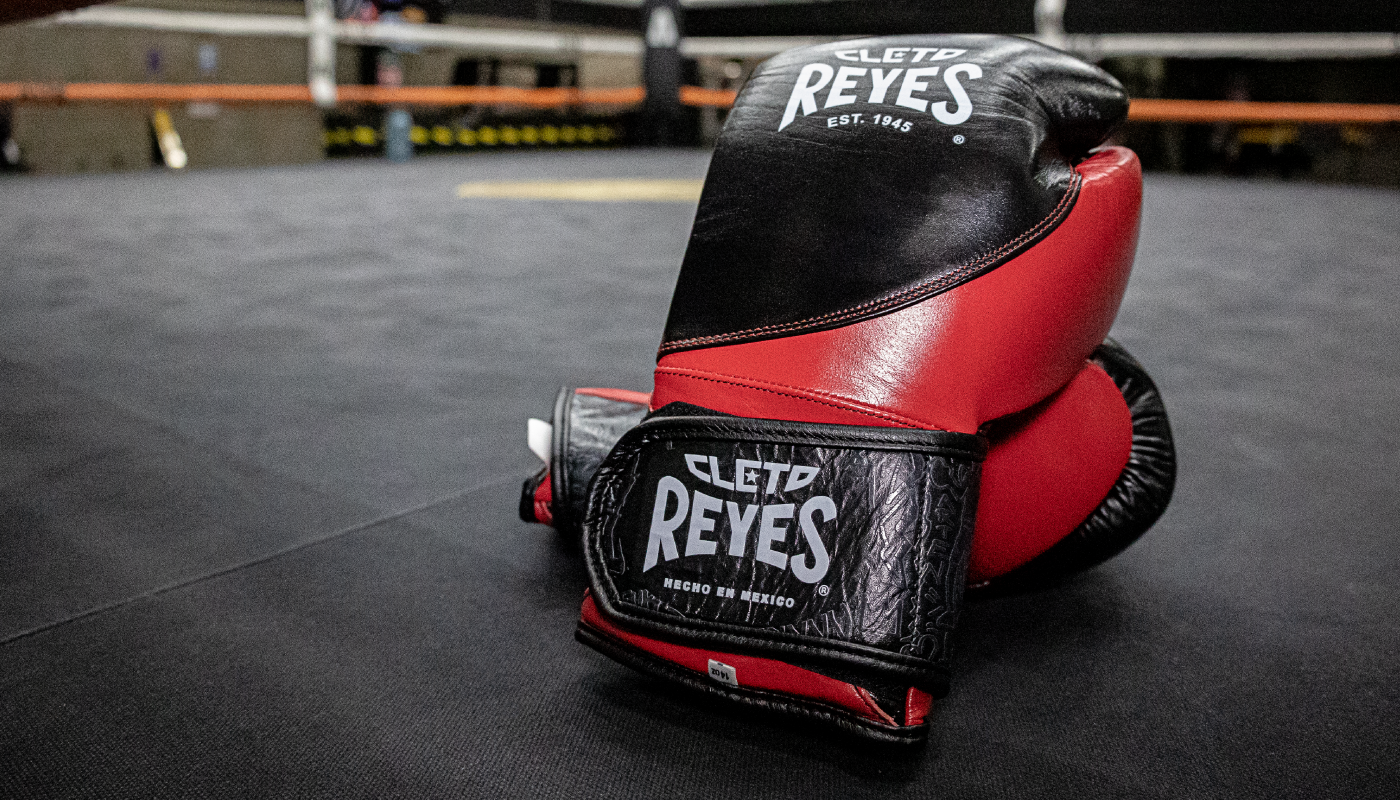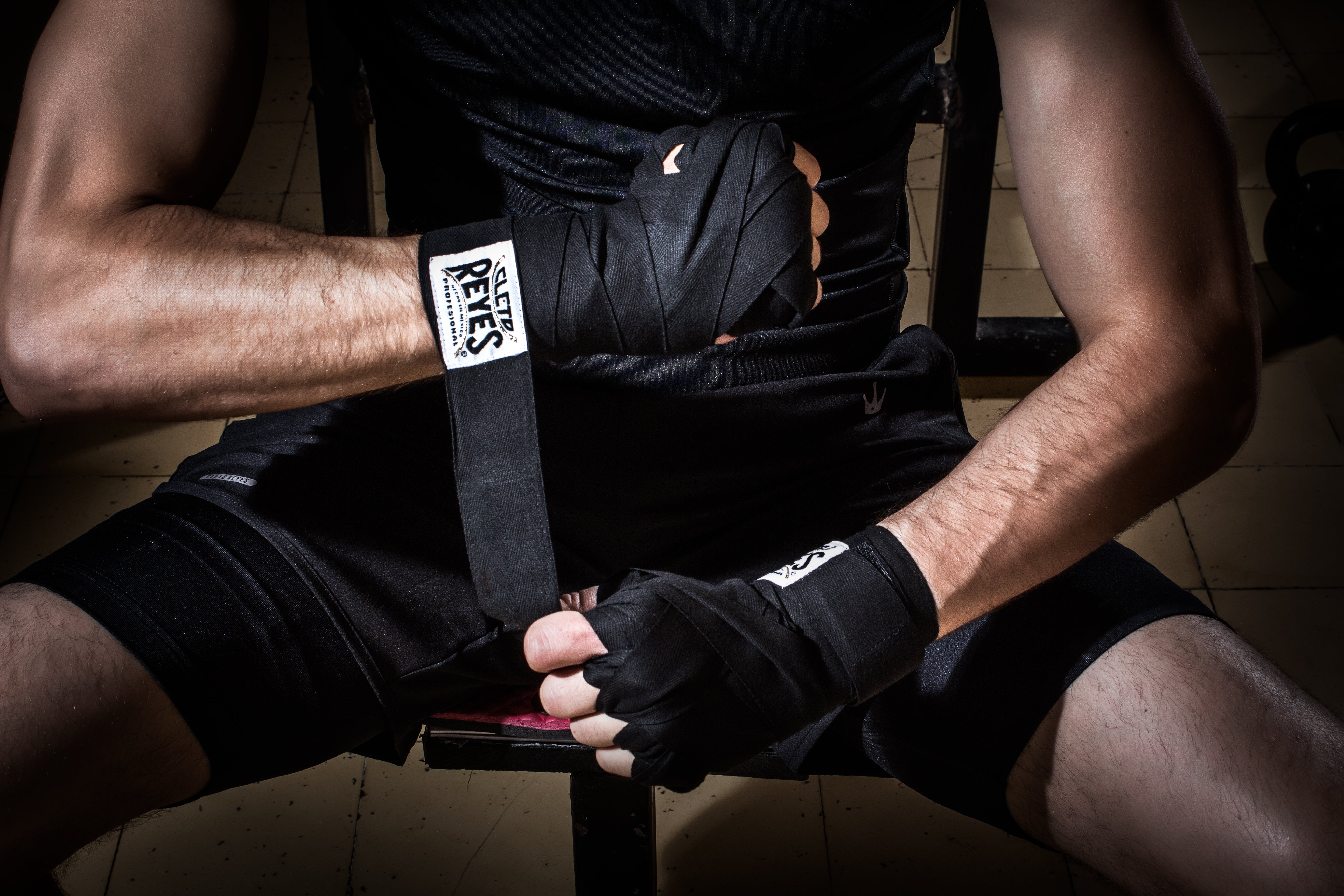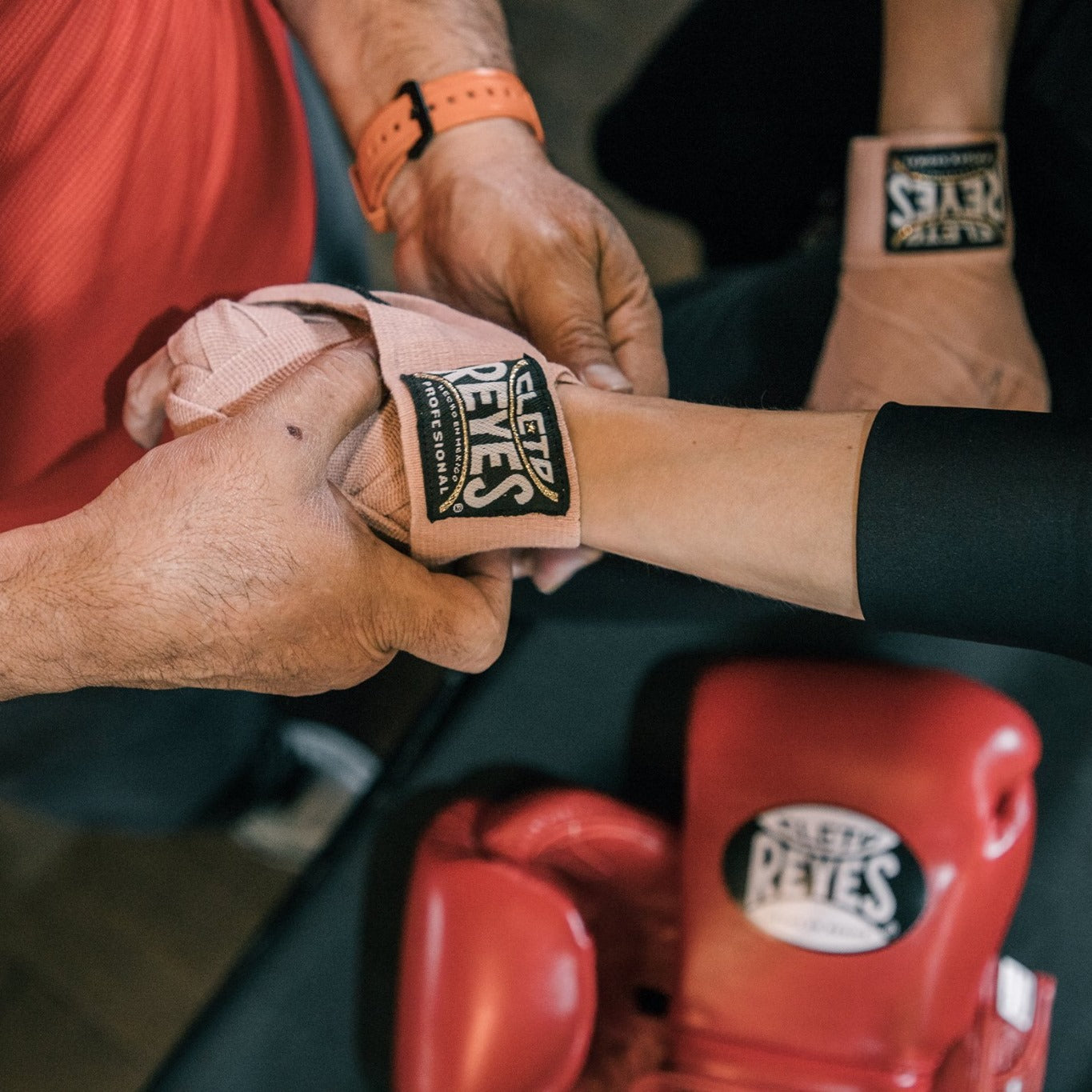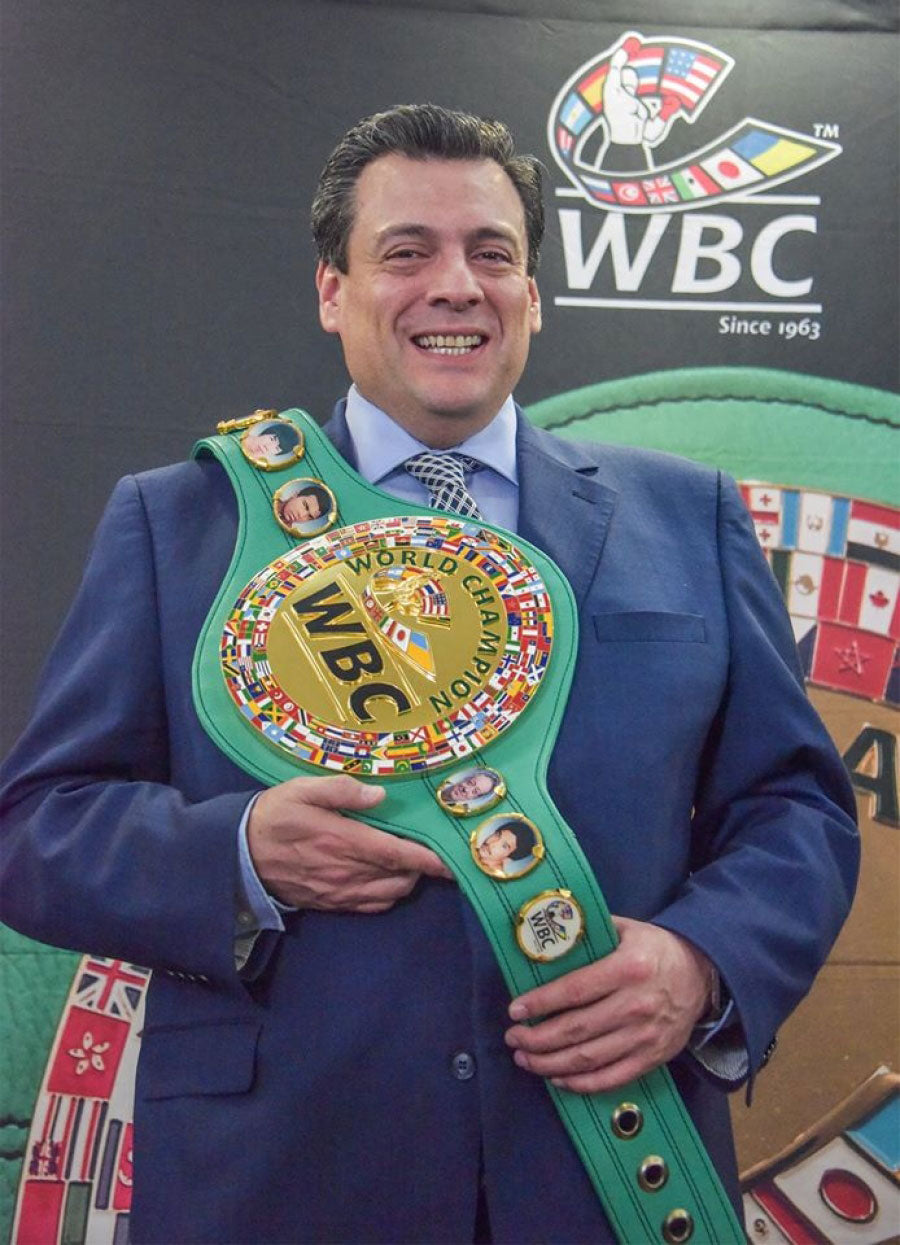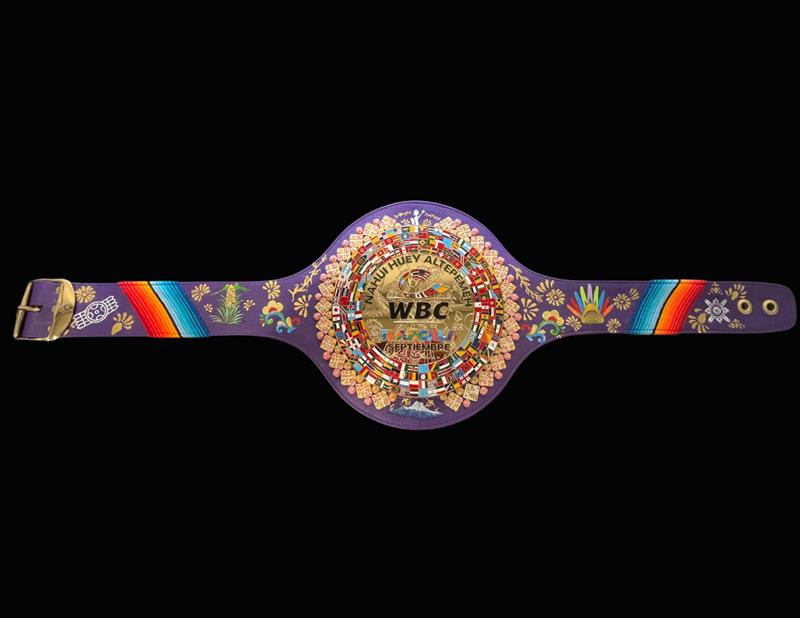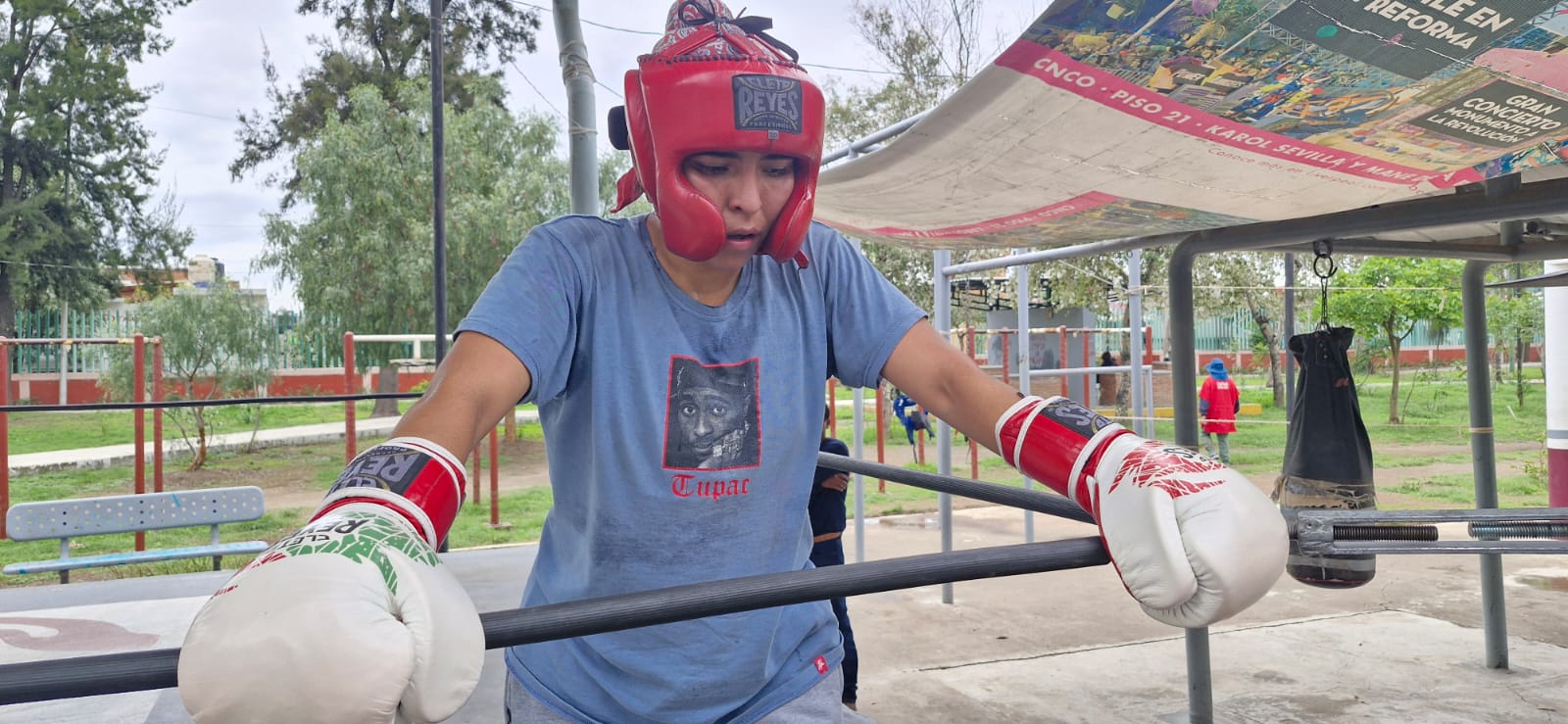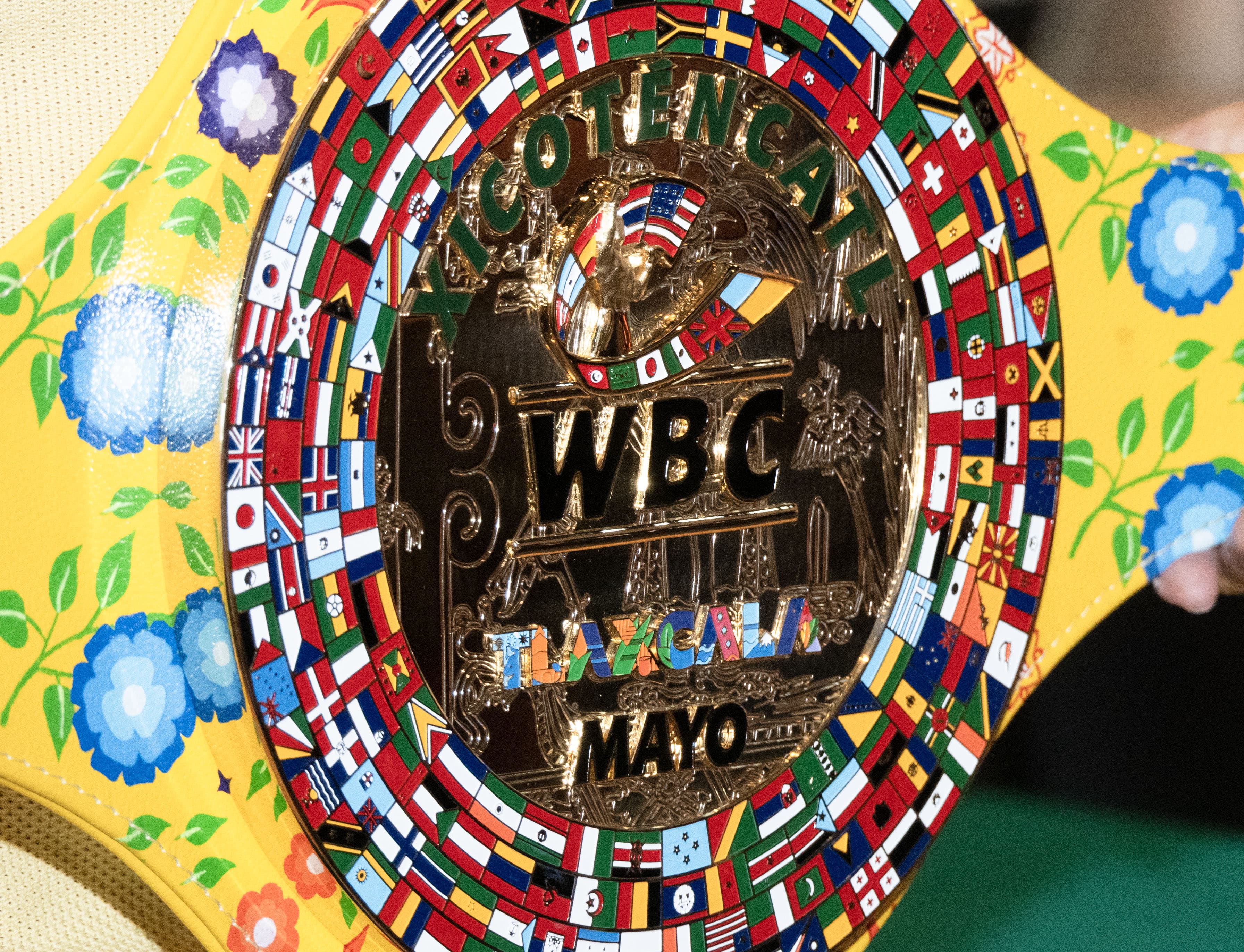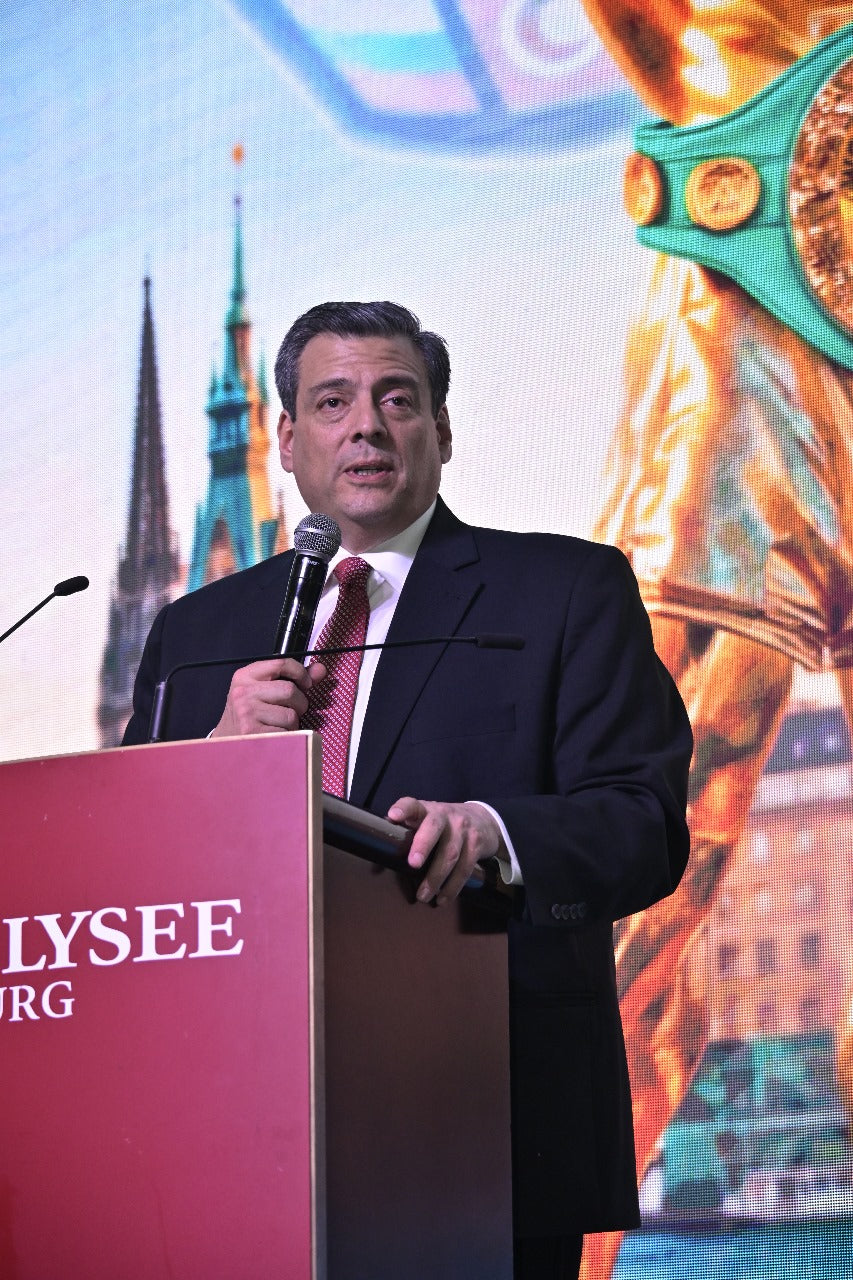On February 14, 1963, at the Hotel Prado Alfer, located on Revillagigedo street, in Mexico City, the official announcement of the creation of the World Boxing Council was made, which today turns 57 years old and the The only survivor of that historic moment is Professor Víctor Cota León.
By Rodolfo Rosales S.
On February 14, 1963, at the Hotel Prado Alfer, located on Revillagigedo street, in Mexico City, the official announcement of the creation of the World Boxing Council was made, which today turns 57 years old and the The only survivor of that historic moment is Professor Víctor Cota León.

The organization, which when Mr. José Sulaimán assumed his presidency, on December 5, 1975, in Tunisia, became the largest in terms of affiliation of countries and due to the measures adopted to protect the boxer and give him a more humanized meaning, It was created with the participation of eleven countries: the United States, Argentina, England, France, Mexico, the Philippines, Panama, Chile, Peru, Venezuela, and Brazil.
The WBC had great support for its creation from the then president of Mexico, Adolfo López Mateos, who was a great athlete and who practiced boxing at the YMCA, echoed the proposals of his friend and then president of the District Boxing Commission. Federal, Luis Spota, as well as Professor Ramón G. Velázquez.

To go back to the exact time of the announcement of the creation of the WBC, we travel in the tunnel of time through the prodigious memory of Professor Víctor Cota León, the only survivor of that historic date and who at that time was a reporter for La Afición.
I remember that as journalists we went to cover the story Antonio Hernández, Jacobo Moret, Alberto Reyes Arvizu, René Chambón and Rafael Mendoza, all deceased today, unfortunately.
It should be noted that at that time Víctor, whom Rafael Mendoza called Negro Cota and who was reciprocated with the nickname of La Cobra, Alberto was baptized as El Elefante Reyes, because he wore a tusk with a gold crown, they were great friends, a friendship that only death ended, they used to go from gym to gym to cover the boxing fountain.e boxeo”.

“That day, Professor Cota recalls, we were there and the creation of the WBC was announced and that its president would be the English Onslow Fane, but it only lasted a few minutes, because he resigned because he would not have time to work in the organization.o”.
“So the responsibility of the presidency of the World Boxing Council fell to Luis Spota, with great performance at the head of the Box Commission, he adds..
57 years later and when the organization has had six presidents: Onslow Fane, Luis Spota, Ramón G. Velázquez, Mr. José Sulaimán and currently Mauricio Sulaimán, the professor affirms that in all that time boxing has improved.

“It is diametrically opposed boxing, when Mr. Sulaiman assumed the presidency, on December 5 in Tunis, he found himself with a disorganized WBC and everything improved, until he became the biggest of all..
Since 1963, when the World Boxing Council was founded, there have been around 700 champions, the first of which was Ultiminio Ramos, who on March 21, 1963, in Los Angeles, California, knocked out Davey Moore in ten rounds and seized the title. featherweight vacancy. Moore came up as WBA champion.

The most recent champion is the African Ilunga Makabu, who on January 31 in Kinshasa, Democratic Republic of the Congo, knocked out the Polish Michal Cieslak in ten rounds and seized the vacant cruiserweight title.
But the WBC is young, strong and has a lot of paper and green and gold ink to continue writing its history, which we hope will continue to be narrated with the skill and quality of Professor Víctor Cota and the wise and passionate direction of Mauricio Sulaimán.
